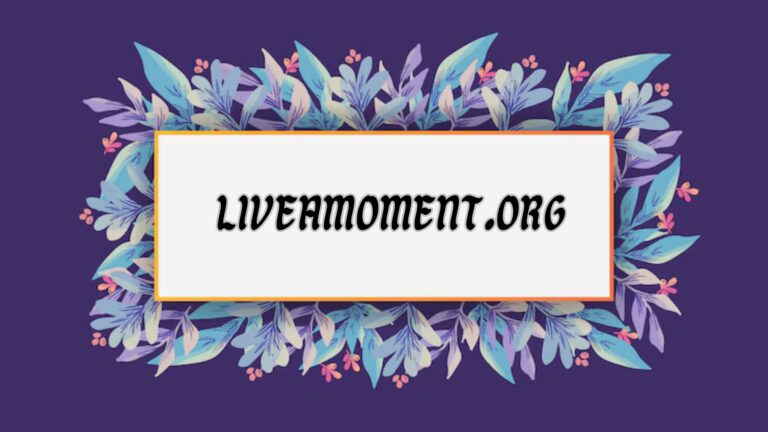Literary Criticism: The Infinite Sea
Literary criticism serves as a vital framework for understanding and interpreting literature. It enables readers to delve deeper into texts, exploring the complexities of themes, characters, and narrative techniques. Among the myriad of literary works, “The Infinite Sea” stands out for its profound exploration of existential themes and human experiences. This article aims to dissect the nuances of literary criticism as applied to “The Infinite Sea,” examining how the text invites readers to confront the depths of their own understanding of existence.
Thematic Analysis of “The Infinite Sea”
“The Infinite Sea” engages with a range of themes that resonate deeply with readers. Central to its narrative is the exploration of the human condition—our fears, hopes, and the quest for meaning in a seemingly indifferent universe. Here, we will explore some of the primary themes presented in the work.
The Search for Identity
One of the most compelling aspects of “The Infinite Sea” is its focus on the search for identity. Characters grapple with their pasts, attempting to forge a sense of self amid chaos. This theme resonates with readers who may also find themselves on a journey of self-discovery. Literary criticism highlights how the author employs various narrative techniques to enhance this exploration, such as flashbacks and stream-of-consciousness writing.
The Nature of Existence
Existentialism is a recurring theme in “The Infinite Sea.” The narrative prompts readers to question the nature of existence and their place within it. Through rich symbolism and allegory, the text invites critical analysis of how existential themes manifest in the characters’ struggles. Literary critics often dissect these elements, drawing connections between the characters’ experiences and broader philosophical inquiries.
Isolation and Connection
Isolation is another pivotal theme in the narrative. Characters often find themselves physically or emotionally disconnected from those around them. Literary criticism reveals how this sense of isolation is not merely a personal struggle but a commentary on the human experience as a whole. The text illustrates the dichotomy between the desire for connection and the fear of vulnerability, compelling readers to reflect on their own relationships.
Narrative Techniques in “The Infinite Sea”
The author of “The Infinite Sea” employs various narrative techniques that enhance the reader’s experience and deepen the text’s thematic exploration. Understanding these techniques is crucial for a comprehensive literary analysis.
Character Development
Character development is a central component of “The Infinite Sea.” The author crafts multidimensional characters whose growth mirrors the narrative’s thematic complexities. Literary critics often analyze how character arcs evolve, shedding light on the psychological and emotional transformations that take place throughout the story.
Symbolism and Imagery
Symbolism plays a vital role in “The Infinite Sea.” The use of vivid imagery and symbols serves to enrich the text’s meaning. For instance, the sea itself becomes a powerful metaphor for the unknown, representing both danger and possibility. Literary criticism frequently examines how these symbols contribute to the overarching themes, inviting readers to engage with the text on a deeper level.
Narrative Structure
The narrative structure of “The Infinite Sea” is another aspect ripe for analysis. The author employs non-linear storytelling, challenging conventional narrative forms. This technique enhances the complexity of the themes and reflects the chaotic nature of the characters’ lives. Literary critics often highlight how this structure influences reader engagement and comprehension.
Broader Implications of Literary Criticism
Engaging with literary criticism surrounding “The Infinite Sea” opens up discussions beyond the text itself. It allows readers to consider the broader implications of literature in society, culture, and individual identity.
Literature as Reflection of Society
Literature often serves as a mirror reflecting societal values, norms, and struggles. “The Infinite Sea” invites readers to explore how the characters’ experiences resonate with contemporary issues such as existential anxiety and the search for identity in a rapidly changing world. Literary criticism helps illuminate these connections, fostering a deeper understanding of both the text and its relevance to the reader’s life.
The Role of the Reader
Literary criticism emphasizes the role of the reader in interpreting texts. Each reader brings their unique perspective, shaping their understanding of “The Infinite Sea.” This subjectivity enriches the literary experience, allowing for diverse interpretations and discussions. By engaging in literary criticism, readers can appreciate the text’s multifaceted nature and the various meanings it can convey.
Cultural Significance
The cultural significance of “The Infinite Sea” cannot be overlooked. The themes and narrative techniques employed in the text resonate with readers across different backgrounds and experiences. Literary criticism allows for an exploration of how culture influences literature and vice versa, fostering a dialogue about the interplay between art and society.
Conclusion
In conclusion, literary criticism of “The Infinite Se’a” unveils the profound themes, narrative techniques, and broader implications embedded in the text. By engaging with the work through a critical lens, readers can appreciate the complexities of identity, existence, and human connection that the narrative explores. This journey not only enriches our understanding of the text but also prompts us to reflect on our own experiences and perceptions of the world. As we continue to delve into literary criticism, “The Infinite Sea” stands as a testament to the power of literature to illuminate the human experience and provoke meaningful discourse.
FAQs
What is the main theme of “The Infinite Sea”?
The main themes of “The Infinite Sea” include the search for identity, existentialism, and the tension between isolation and connection. These themes invite readers to reflect on their own experiences and the complexities of human existence.
How does literary criticism enhance our understanding of literature?
Literary criticism provides frameworks for analyzing texts, exploring themes, narrative techniques, and broader cultural implications. It enriches the reading experience by encouraging deeper engagement and reflection.
What narrative techniques are used in “The Infinite Sea”?
The author employs various narrative techniques, including character development, symbolism, and non-linear storytelling, to enhance the text’s thematic exploration and engage readers on multiple levels.
Why is “The Infinite Sea” relevant to contemporary readers?
“The Infinite Sea” resonates with contemporary readers as it addresses universal themes of identity, existence, and connection. Its exploration of these themes reflects the challenges faced in modern society, making it a poignant and relatable work.
How does culture influence the interpretation of “The Infinite Sea”?
Cultural background shapes readers’ perspectives and interpretations of literature. “The Infinite Sea” invites diverse readings, and literary criticism allows for an exploration of how culture impacts understanding and meaning within the text.







